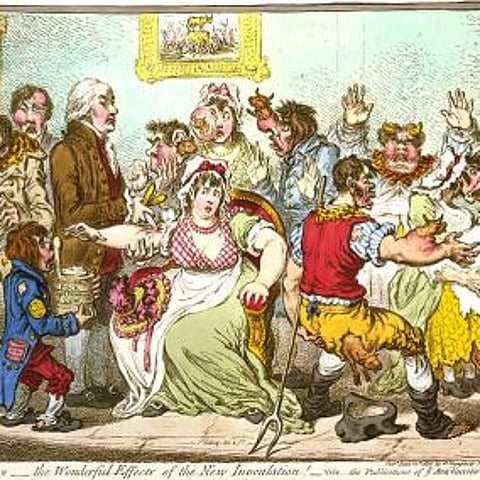In January 2005, the Indian Parliament amended the Drugs and Cosmetics Act, 1940, to permit trials of drugs being developed and tested abroad to be tested at the same time and in the same phase in India. The drug development process requires human subjects. Phase I safety trials are usually conducted on a small number of healthy people. Phase II trials are conducted on patients to evaluate the drug's effectiveness. Phase III trials are conducted on a larger number of people to confirm the evidence from earlier phase trials towards obtaining marketing approval of the drug. After a drug obtains marketing approval, phase IV trials are conducted to monitor for side effects that become evident only when the drug is used by a large number of people. Until 2005, Indian regulators required that international trials in India could be conducted only with a phase lag – phase II trials could be conducted in India only after the phase III trial had been conducted abroad, and phase I trials of foreign drugs were generally not permitted. The amendment in the Act brought multinational pharmaceutical companies and contract research organisations to the country in droves.
As a result, for more than a decade now, India has been the site of drug trials outsourced from companies based in the US and Europe, which now operate research sites in metropolitan cities as well as small towns. By 30 June 2010, 1078 clinical trials were registered in the Clinical Trials Registry-India (CTRI), of which 666 were for drugs, most of these for private pharmaceutical companies.

